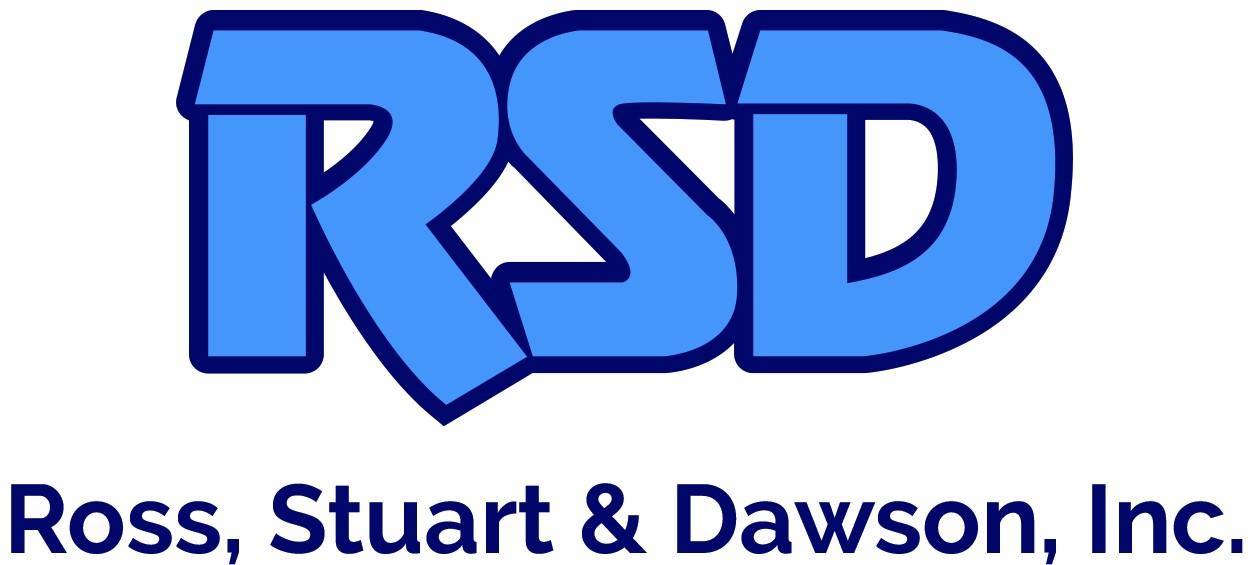How does using a debt collector make a difference?
For more than 50 years, we’ve been helping businesses nationwide recover commercial debt in a fast, professional, and ethical manner. Whether your past-due accounts stem from slow-pay customers, sudden non-payment, or businesses that have gone silent, our team has the resources to pursue the debt efficiently and effectively.
We specialize in:
- Hard-to-collect commercial accounts
- Business-to-business past due invoices
- Skip tracing and locating non-responsive debtors
- Legal action when necessary, backed by our national attorney network
Our goal is always the same: maximize your business debt collection recovery while keeping your business relationships and reputation intact.
Start 2026 With Confidence—Let Us Handle Your Business Debt Collection
The beginning of the year offers a fresh opportunity to strengthen your financial foundation. By writing off your overdue 2025 receivables of 120 days or more and forwarding them to us, you can reduce stress, free up internal resources, and generate fast cash through successful recovery.
Contact us today to get started and turn past-due invoices into real revenue!















.png)
.png)